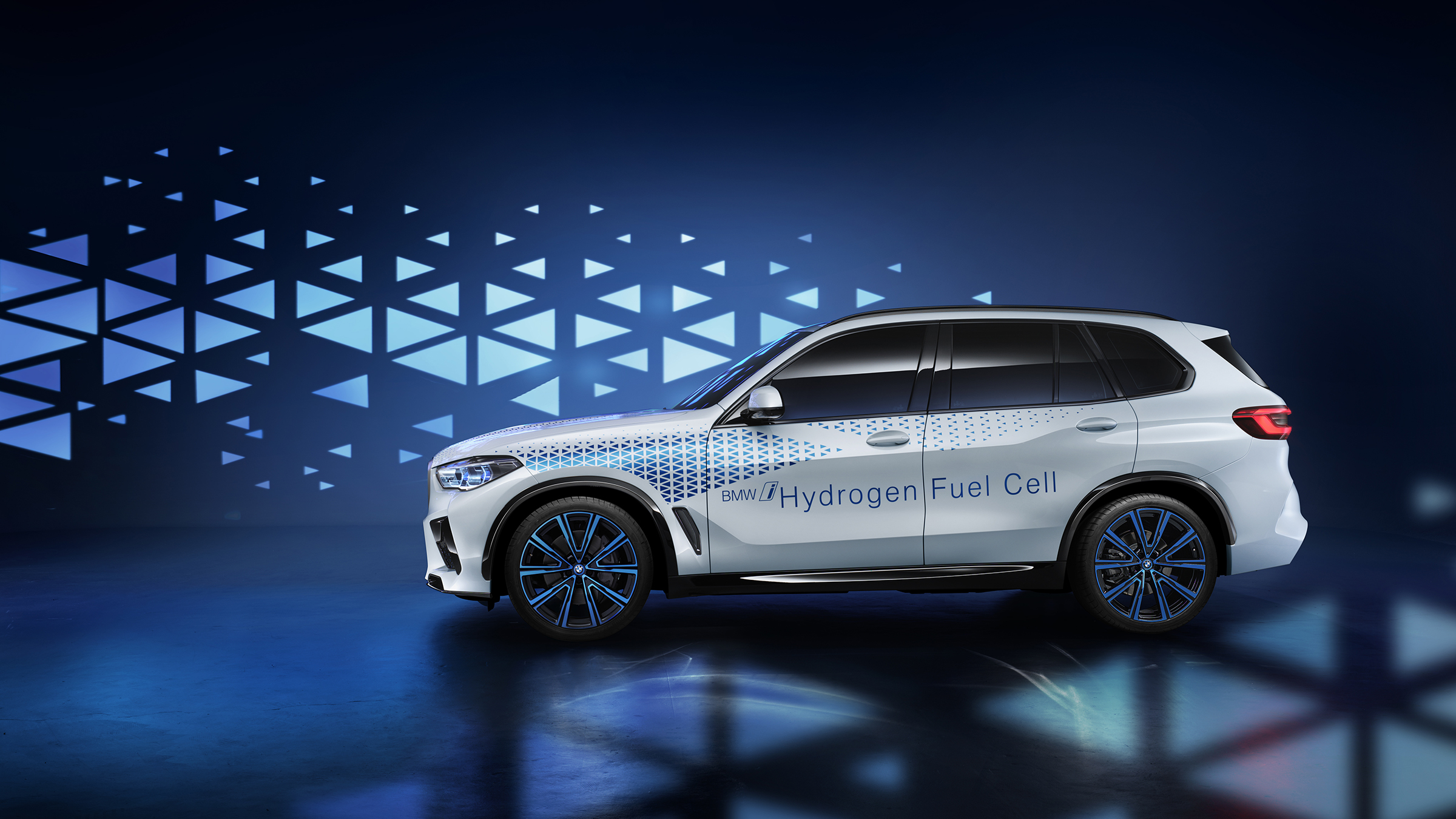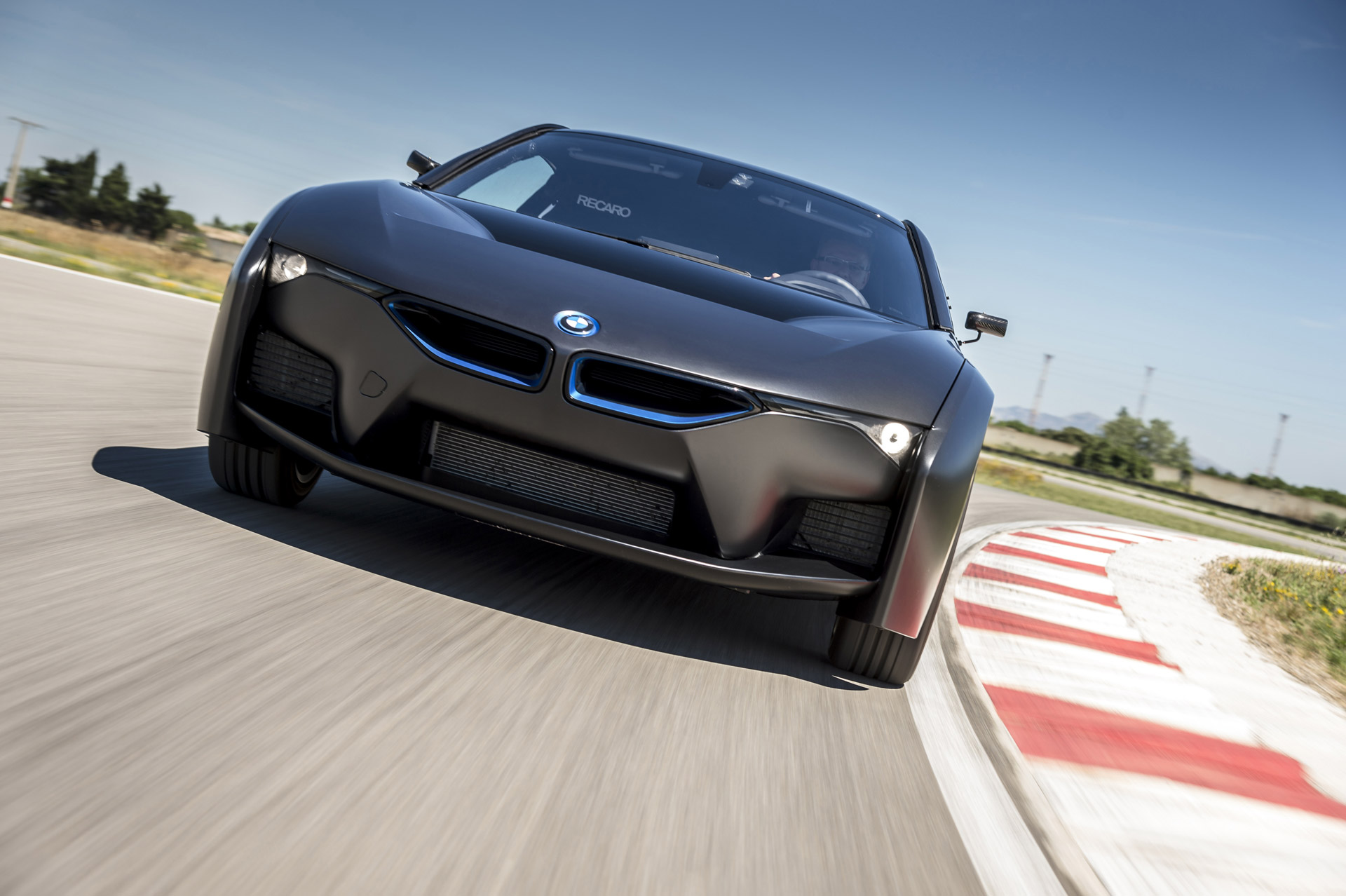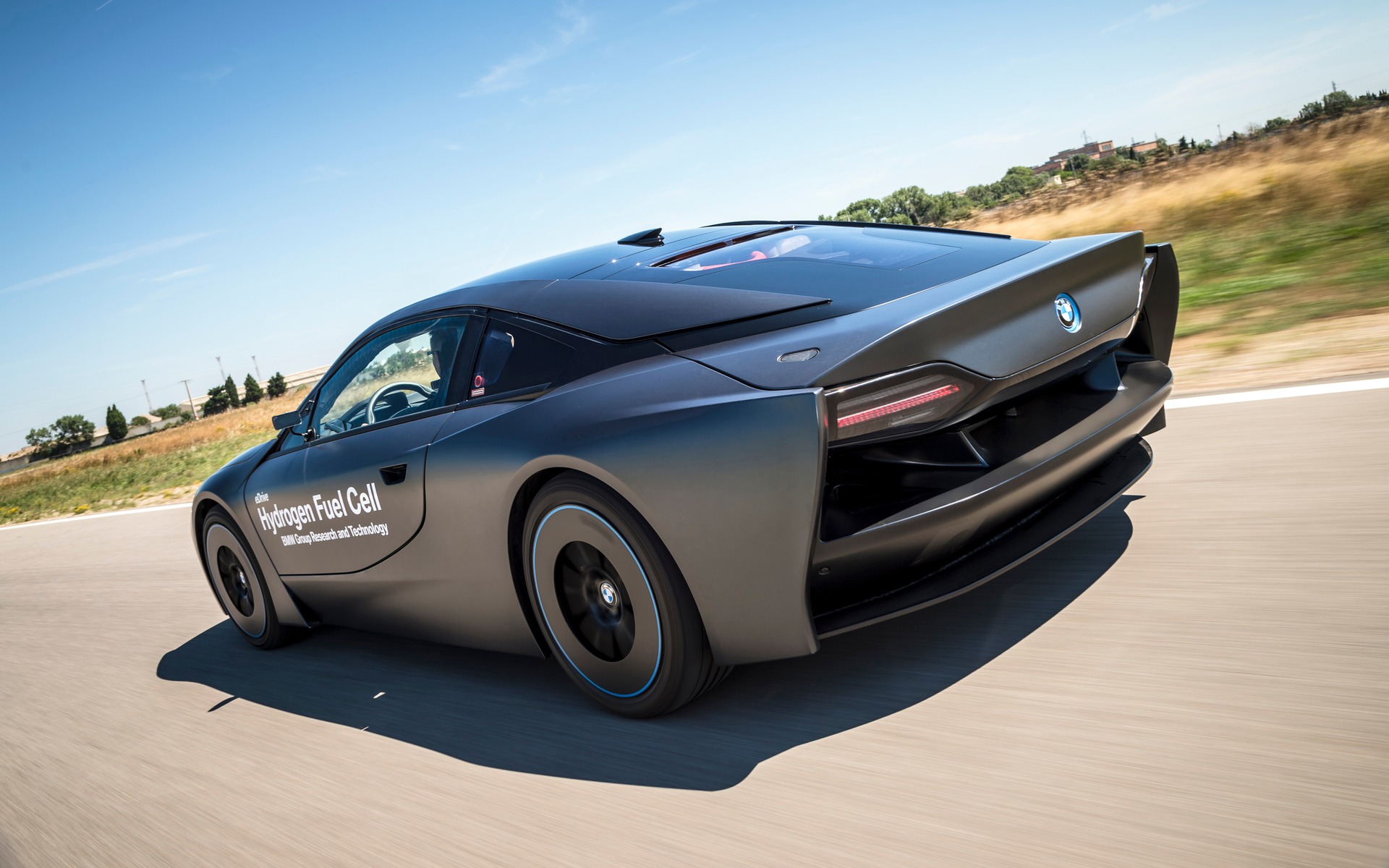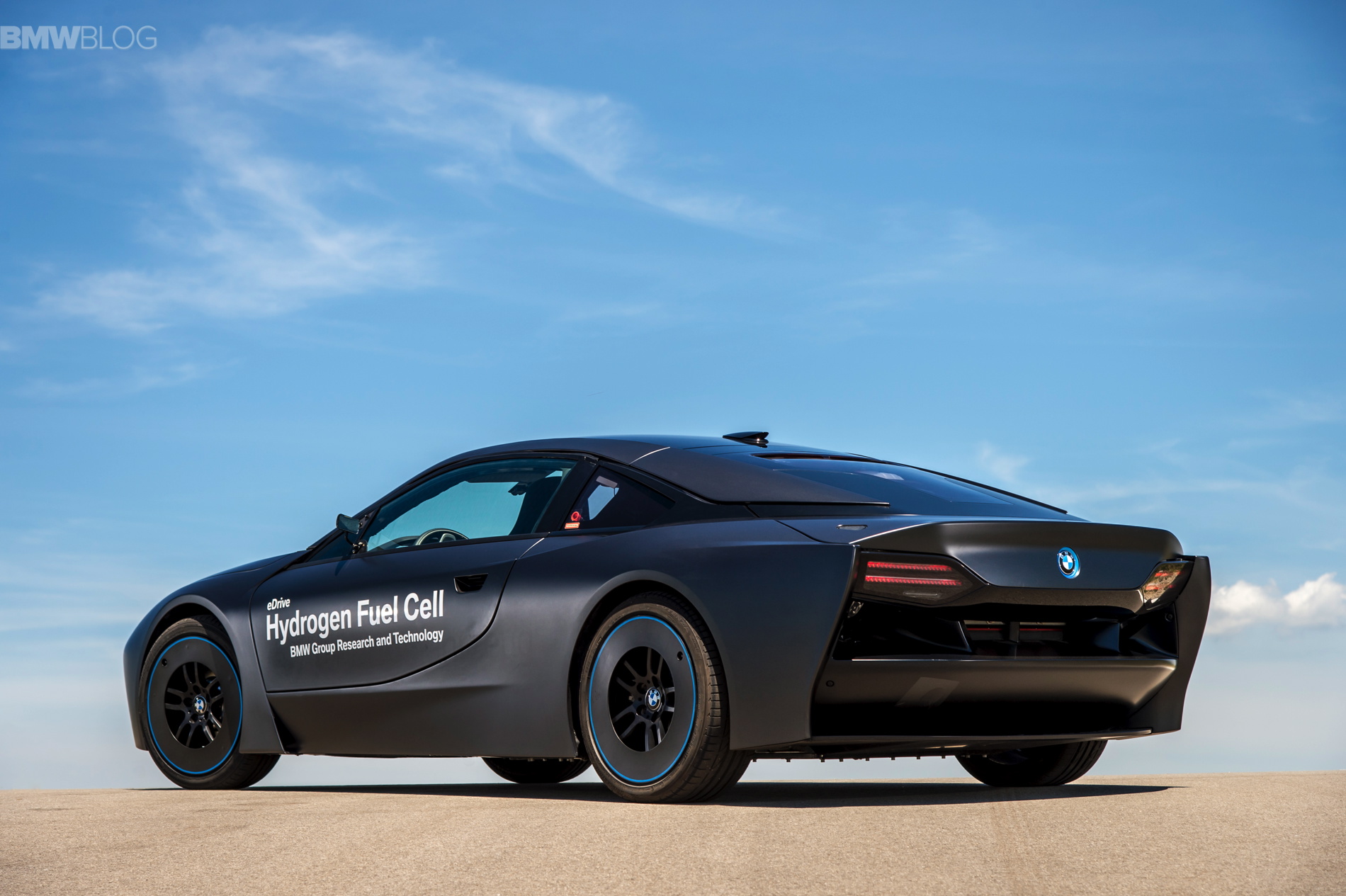The Dawn Of A New Era: BMW’s Hydrogen Car For 2025
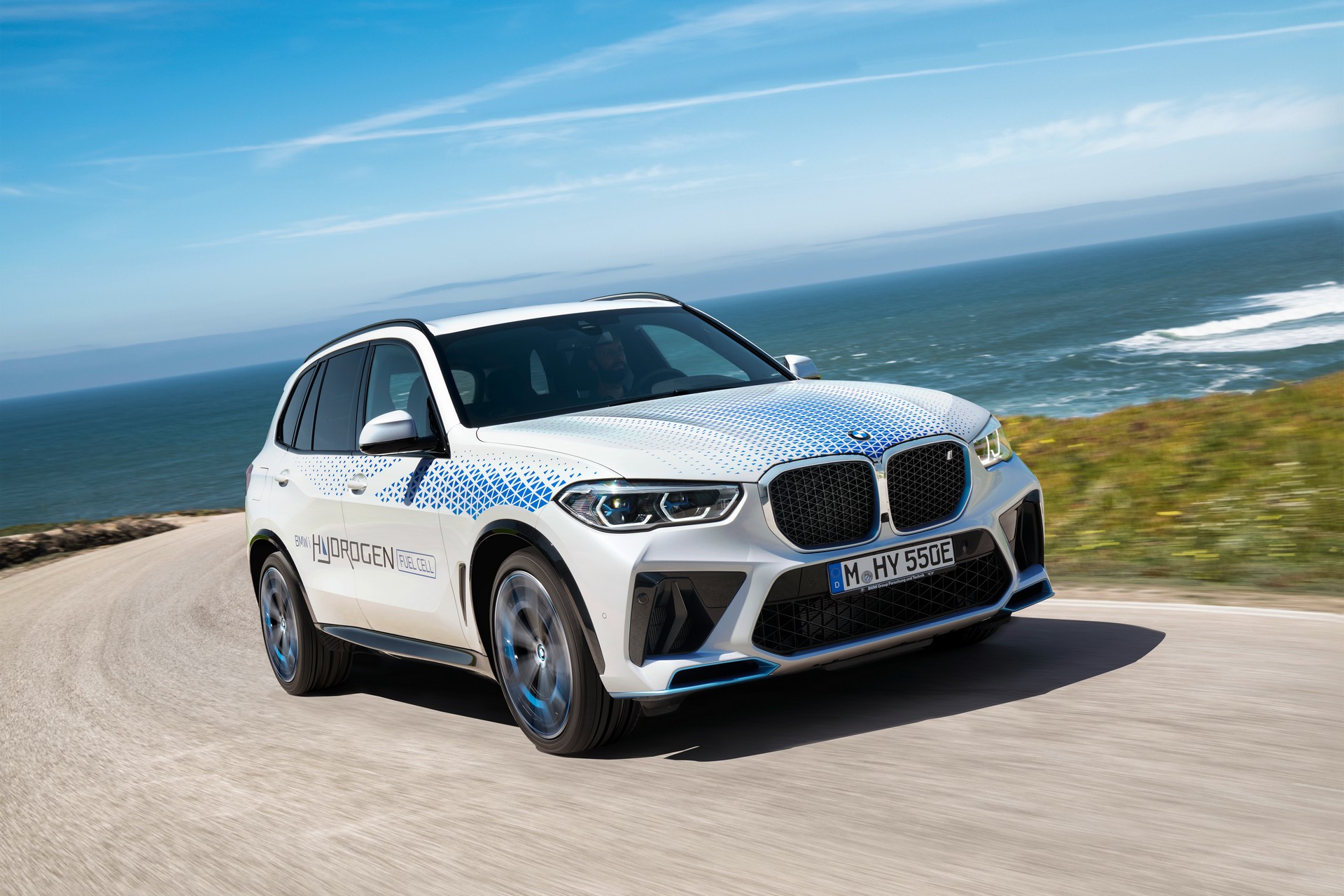
The Dawn of a New Era: BMW’s Hydrogen Car for 2025
The automotive world is in a state of flux, driven by the urgent need to transition away from fossil fuels and embrace a sustainable future. While electric vehicles (EVs) have taken the lead, another contender is quietly gaining momentum: hydrogen fuel cell technology. And BMW, a name synonymous with performance and innovation, is poised to make a significant mark in this nascent field.
Rumors have been swirling for years about BMW’s plans for a hydrogen-powered car, and whispers of a 2025 launch have only intensified the anticipation. While the company has remained tight-lipped about specifics, the potential impact of such a vehicle is undeniable. This article delves into the world of hydrogen cars, explores the potential of BMW’s upcoming model, and examines the challenges and opportunities it presents.
The Hydrogen Advantage: A Deeper Dive
Hydrogen fuel cell technology offers a compelling alternative to traditional combustion engines and battery-powered EVs. Here’s a breakdown of its key advantages:
- Fast Refueling: Unlike EVs that require hours to recharge, hydrogen cars can be refueled in minutes, similar to gasoline vehicles. This addresses one of the major roadblocks to widespread EV adoption: range anxiety.
- Long Range: Hydrogen fuel cells produce energy through an electrochemical reaction, generating electricity to power the car’s motor. This results in a significantly longer range compared to EVs, potentially exceeding 500 miles on a single tank.
- Zero Emissions: Hydrogen fuel cells emit only water vapor, making them a truly zero-emission solution. This is a critical factor in combating climate change and improving air quality in cities.
- High Energy Density: Hydrogen has a very high energy density, meaning it can store a large amount of energy in a relatively small volume. This translates to a smaller, lighter fuel tank, potentially improving vehicle performance and efficiency.
BMW’s Hydrogen Journey: A Timeline of Progress
BMW’s foray into hydrogen technology began in the late 1990s, culminating in the development of the Hydrogen 7, a limited-edition model released in 2007. This vehicle, based on the 7 Series, utilized a hydrogen-powered internal combustion engine, showcasing the company’s early interest in the technology.
However, BMW’s focus shifted towards battery-powered EVs in the following years, driven by the rapid advancements in battery technology and the increasing popularity of EVs. The company launched its i3 and i8 models, becoming a leader in the EV market.
Yet, BMW never fully abandoned hydrogen. In 2017, the company unveiled the i Hydrogen NEXT concept car, a bold statement of intent to re-enter the hydrogen fuel cell arena. This concept showcased a fuel cell system developed in collaboration with Toyota, highlighting the company’s commitment to collaborating with industry leaders to advance the technology.
The 2025 Hydrogen Car: A Glimpse into the Future
While details are scarce, the 2025 hydrogen car is expected to be a significant departure from the i Hydrogen NEXT concept. It is rumored to be based on BMW’s new Neue Klasse platform, designed specifically for electric vehicles. This platform, with its modular architecture and advanced technology, will likely provide the foundation for a highly efficient and technologically advanced hydrogen car.
Here’s what we can speculate based on available information and industry trends:
- Performance: BMW is known for its sporty driving dynamics, and the hydrogen car is likely to deliver a thrilling driving experience. The fuel cell system’s instantaneous torque delivery and the lightweight construction of the Neue Klasse platform could result in impressive acceleration and handling.
- Range and Refueling: The hydrogen car is expected to offer a range exceeding 500 miles, potentially even reaching 700 miles. This will be a game-changer, addressing range anxiety and making long-distance travel a breeze. The refueling time is also expected to be comparable to gasoline vehicles, further enhancing the practicality of hydrogen cars.
- Design: While the exact design remains a mystery, it’s likely to be a sleek and futuristic model, reflecting BMW’s commitment to aesthetics and innovation. The car could feature a distinctive grille and other design elements that differentiate it from its battery-powered counterparts.
- Technology: The hydrogen car is likely to be packed with advanced technology, including driver-assistance systems, connectivity features, and a user-friendly infotainment system. It could also incorporate innovative features specific to hydrogen technology, such as real-time fuel cell performance monitoring and hydrogen tank management systems.
Challenges and Opportunities: Navigating the Hydrogen Highway
The development and deployment of hydrogen cars face several challenges, including:
- Infrastructure: The lack of widespread hydrogen refueling infrastructure is a significant obstacle. Building a robust network of hydrogen stations will require significant investment and coordination among governments, energy companies, and automotive manufacturers.
- Cost: Hydrogen production and storage are currently more expensive than gasoline or electricity. Reducing the cost of hydrogen will be crucial for making hydrogen cars commercially viable.
- Public Perception: While the public is increasingly aware of climate change and the need for sustainable transportation, there is still a lack of understanding about hydrogen technology. Education and awareness campaigns will be essential to build consumer confidence in hydrogen cars.
Despite these challenges, the opportunities presented by hydrogen technology are immense:
- Environmental Impact: Hydrogen cars offer a truly zero-emission solution, contributing significantly to reducing greenhouse gas emissions and improving air quality. This aligns with the global push towards decarbonization and sustainable transportation.
- Economic Growth: The development and deployment of hydrogen technology can create new jobs and stimulate economic growth. Investing in hydrogen infrastructure, research, and development will lead to innovation and technological advancements.
- Global Collaboration: The transition to a hydrogen-powered future requires collaboration among governments, industries, and research institutions. This collaboration can foster innovation, accelerate technology development, and create a more sustainable global economy.
Conclusion: A Promising Future for Hydrogen Cars
BMW’s commitment to developing a hydrogen car for 2025 is a testament to the company’s belief in the potential of this technology. While challenges remain, the advantages of hydrogen cars, including their fast refueling, long range, zero emissions, and high energy density, make them a compelling alternative to traditional combustion engines and battery-powered EVs.
The 2025 launch of BMW’s hydrogen car could be a watershed moment, signaling a shift towards a future where hydrogen fuels our vehicles. As the automotive industry evolves, the race towards a cleaner, more sustainable future is accelerating, and hydrogen technology is poised to play a significant role in this journey.
The next few years will be critical in determining the trajectory of hydrogen cars. The success of BMW’s 2025 model will depend on its performance, cost, and the availability of hydrogen refueling infrastructure. If successful, it could spark a wave of innovation and pave the way for a truly sustainable future of mobility.


